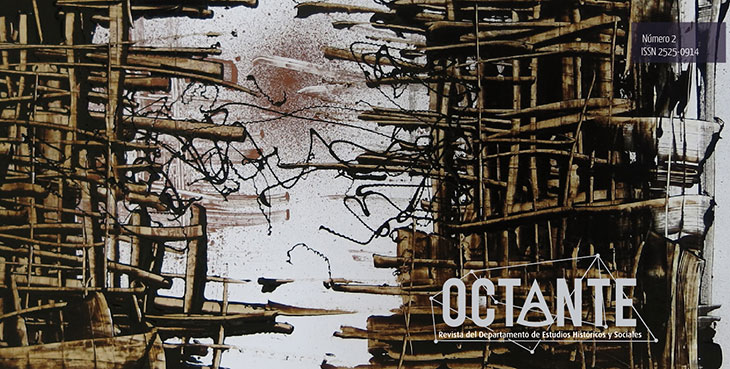Visual Culture and Teaching. Some Considerations to Reflect on Teacher Training
Keywords:
Visual culture, education, teacher trainingAbstract
The aim of this work is to reflect on the impact of visual culture when approaching artistic education —especially visual arts— in compulsory education to account for the role that it plays in the training of teachers of this specialization. For this, some of the transformations which operate in the discipline, understood as a symbolic language and as a cultural fact within a sociohistorical framework, related to other social, political and cultural facts are revised. That is, we will analyze how these transformations have an impact on the education system and on the teaching practice.Downloads
Downloads
Published
How to Cite
Issue
Section
License
Current policy since 2019
The acceptance of the manuscript by the magazine means the non-exclusive cession of the property rights of the authors in favour of the editor, who allows the reuse, after publication (post print), under a license Attribution-NonCommercial-NoDerivatives 4.0 International.
According to these terms, the material can be copied and redistributed by any means or in any format as long as a) the author and original source of the publication are quoted (magazine and URL of the work), access to the license is provided and whether changes have been made is mentioned; and b) the material is not used for commercial purposes.
The cession of non-exclusive rights means that after the publication (post print) in Octante the authors can publish their work in any language, means and format; in such cases it must be mentioned that the material was originally published in this magazine.
Such cession also means the authorization of the authors for the work to be collected by SEDICI, the institutional archive of the Universidad Nacional de La Plata, and to be spread in the databases that the editorial team considers appropriate to increase the visibility of the publication and its authors.
Moreover, the magazine encourages the authors to deposit their productions in other institutional and thematic archives under the principle that offering the society the scientific and academic production without any restrictions contributes to a greater exchange of the global knowledge.























